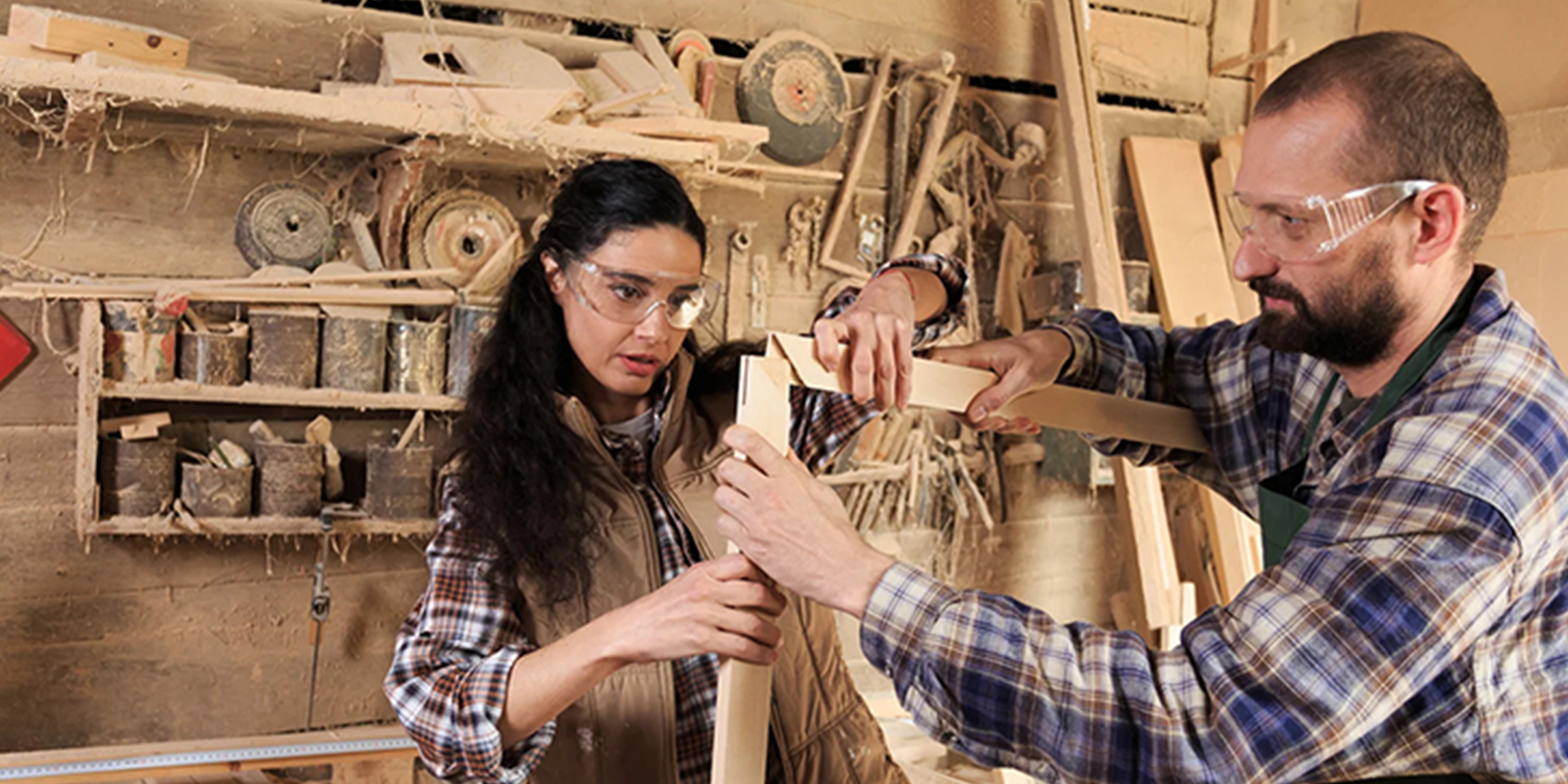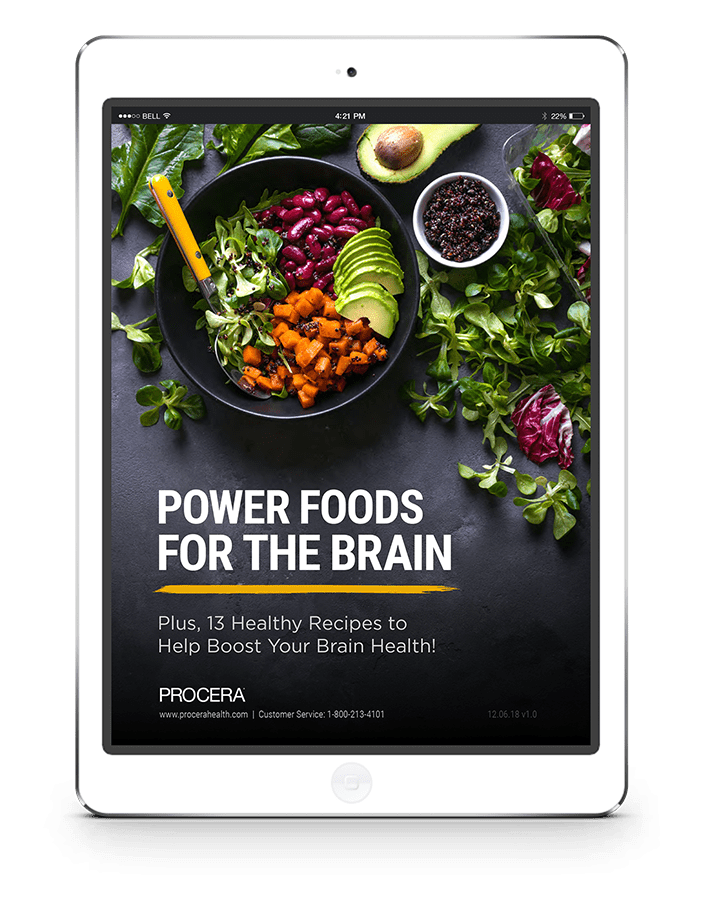
Over the past year, Larry and Kate developed an interest in wood working but unfortunately knew nothing about it. During the pandemic, they read books, watched YouTube videos and even went to classes at a local hardware store. It is here that they met others in the community with similar interests and learned from carpenters that have been doing it for d. They started with small repair projects around the house and now they are building furniture for their children and future grandchildren. Larry and Kate are in their early 60, not in their 20s or 30s.
Larry and Kate’s experience mirrors that of other middle-aged or older adults who have learned new skills. Old in Art School, by Nell Painter, describes how she received a bachelor's and master's in painting after retiring from Princeton as a history professor. Ernestine Shepherd is, as far as anyone knows, the world’s oldest bodybuilder—but she didn’t even start to exercise until her 50s. Irving Olson adapted to changing photographic technology over nine decades and was featured in Smithsonian magazine for developing cutting-edge techniques when he was 98 years old. These experiences should be celebrated. But why do they seem extraordinary?
Most people believe that our cognitive abilities decline with age which is in part true. For example, it is common that as people get older, they are slower to find words and recall names, they have problems multitasking and they struggle to pay with attention. The good news is our brains actually work better in certain areas as we age. For example, many studies have shown that older adults have more extensive vocabularies and greater knowledge of the depth of meaning of words than younger adults. Older adults may also have learned from a lifetime of accumulated knowledge and experiences. Research shows that older adults can still:
- Learn new skills
- Form new memories
- Improve vocabulary and language skills
The brain is an organ, not a muscle. But several decades of brain research have revealed that, much like a muscle, the brain appears to benefit from effortful training. Once a person reaches and surpasses middle age, that kind of training may be necessary to prevent the sort of weakening and wasting that, for different reasons, also threatens the muscles. “The brain needs exercise just like the body, or it winnows away,” says Catherine Caldwell-Harris, PhD, a bilingualism researcher and associate professor of psychological and brain sciences at Boston University. “The phrase use it or lose it — there’s a lot of neuroscience behind that.”
Caldwell-Harris says that almost any novel activity - from taking up a new hobby to visiting a new place — seems to engage and challenge the brain in ways that can improve its functioning.
Learn A New Language
Language training not only seems to make the brain healthier and stronger, but it may also helpfully reshape the way its owner experiences and interacts with the world. “Learning a foreign language is one of the non-pharmacological cognitive interventions that can boost cognition in young and older adults,” says Giovanna Bubbico, PhD. Unlike other novel activities, the cognitive benefits of which tend to fade once a person’s brain has gotten the hang of things — a second language never stops challenging the brain in helpful ways. “A second language forces the brain to switch between two languages — inhibiting one and favoring the other — depending on the context,” Bubbico says.
Learn To Play An Instrument
Many people find listening to or playing music enjoyable, but that’s not the only benefit — it also improves memory function in older adults, according to a 2019 study in Frontiers in Psychology. Playing a musical instrument is the brain equivalent of a full-body workout. Unlike other brain-training activities like chess and sudoku, playing an instrument recruits almost every part of the brain, including regions that process vision, sound, movement, and memory.
Join A Dance Class
Movement is not only good for your body, it’s good for your brain. Scientists have found that the areas of the brain that control memory and skills such as planning and organizing improve with movement. Dance has the added dimensions of rhythm, balance, music, and a social setting that enhances the benefits of simple movement – and can be fun. Find classes at your local dance studio, community center or get started at home with a DVD or videos on YouTube.








.png?width=1350&name=Procera%20Logo%20W%20Tagline%20White%20(3).png)
Comments
Add Comment